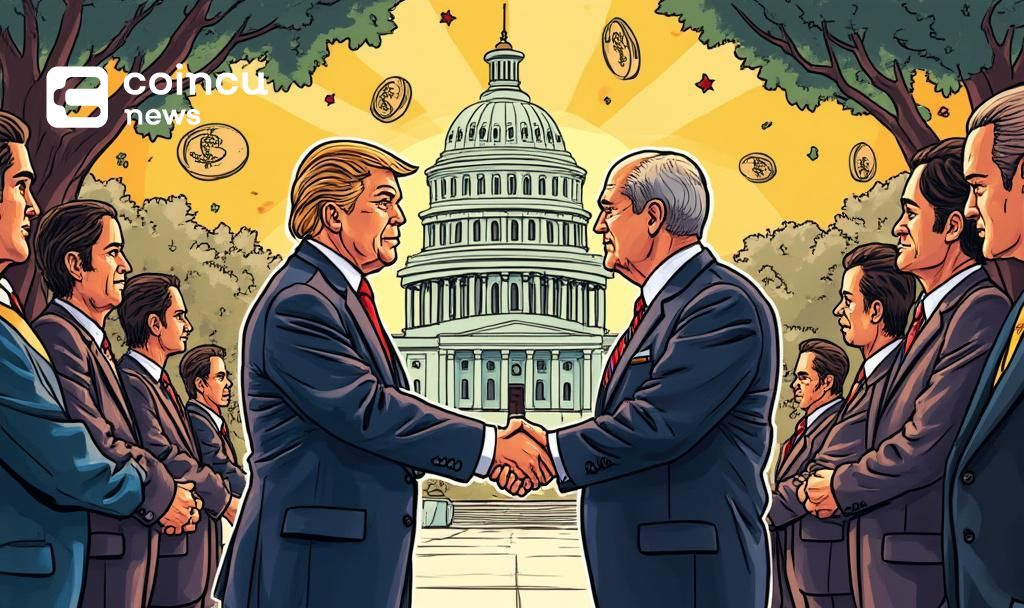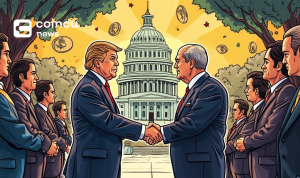$104046.2
At CoinCu News, we give both basic and in-depth articles on the latest news in the cryptocurrency and blockchain sectors.
John Kojo Kumi is a cryptocurrency researcher and writer specializing in emerging startups, tokenomics, and market dynamics within the blockchain ecosystem. With years of experience in crypto journalism and blockchain research, he provides in-depth coverage of decentralized finance (DeFi), NFTs, and Web3 innovations.
He holds a Bachelor of Arts in Geography and Rural Development from Kwame Nkrumah University of Science and Technology, Kumasi, bringing a multidisciplinary perspective to the evolving digital asset space. As a Crypto News Writer, he tracks and reports on industry trends, while his role as a Registrar at the Commission on Human Rights and Administrative Justice reflects his commitment to governance and transparency.
His expertise spans content strategy, SEO optimization, and technical research, enabling him to craft insightful, data-driven analyses. Passionate about blockchain’s transformative potential, he strives to equip readers with the knowledge to navigate the complexities of digital assets and decentralized technologies.
News
Hong Kong Digital Currency Stocks Surge After Stablecoin Law
Stocks in Hong Kong rise sharply after new stablecoin law, sparking investor optimism.
Jun
U.S. Senate Eyes GENIUS Act Stablecoin Vote Amid Bipartisan Push
Bipartisan effort advances GENIUS Act, a key stablecoin regulation bill, with potential Senate vote imminent.
Jun
The GENIUS Act Moves Closer to Senate Approval
U.S. Senate advances the GENIUS Act for stablecoin regulation, aiming for bipartisan approval soon.
Jun
Ethereum EIP-7702 Exploited by Sophisticated Coin Theft Groups
Ethereum Improvement Proposal EIP-7702 exploited by advanced coin theft groups, affecting 97% of delegations.
Jun
LayerEdge Tokens Listed on Binance: Trading Now Open
Binance lists LayerEdge tokens; trading now available globally. Discover user eligibility and airdrop details.
Jun
OKX to Delist BADGER and X Trading Pairs on June 5
OKX announces delisting of BADGER and X trading pairs on June 5, impacting leverage and
Jun
Taiwan’s BitoPro Suspected of $11.5 Million Crypto Heist
BitoPro reportedly lost $11.5 million due to a suspected attack, raising security concerns in Taiwan's
Jun
Federal Reserve’s Waller Emphasizes Stablecoins as Payment Tools Over CBDCs
Federal Reserve's Waller emphasizes stablecoins as payment tools, not CBDCs, affecting market trends.
Jun
South Korea Election: Crypto-Friendly Candidates Aim for Digital Reform
South Korea's election sees candidates advocating crypto reforms, impacting digital asset markets.
Jun
[tptn_list how_old="7" limit="5" title_length="0" heading="0" show_date="0" ]
[tptn_list how_old="30" limit="5" title_length="0" heading="0" show_date="0" ]





















